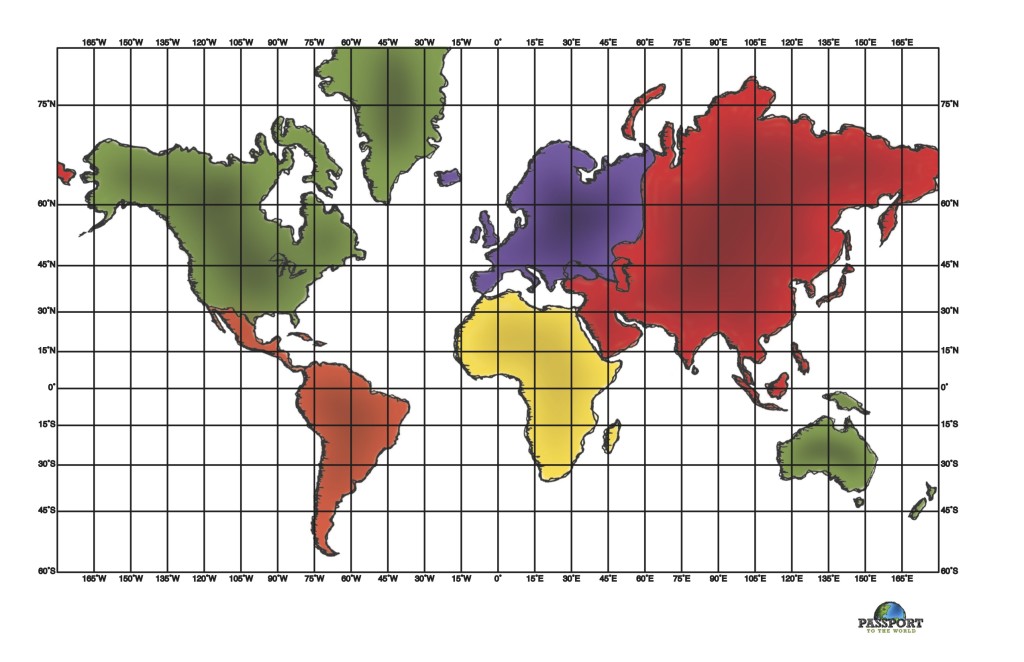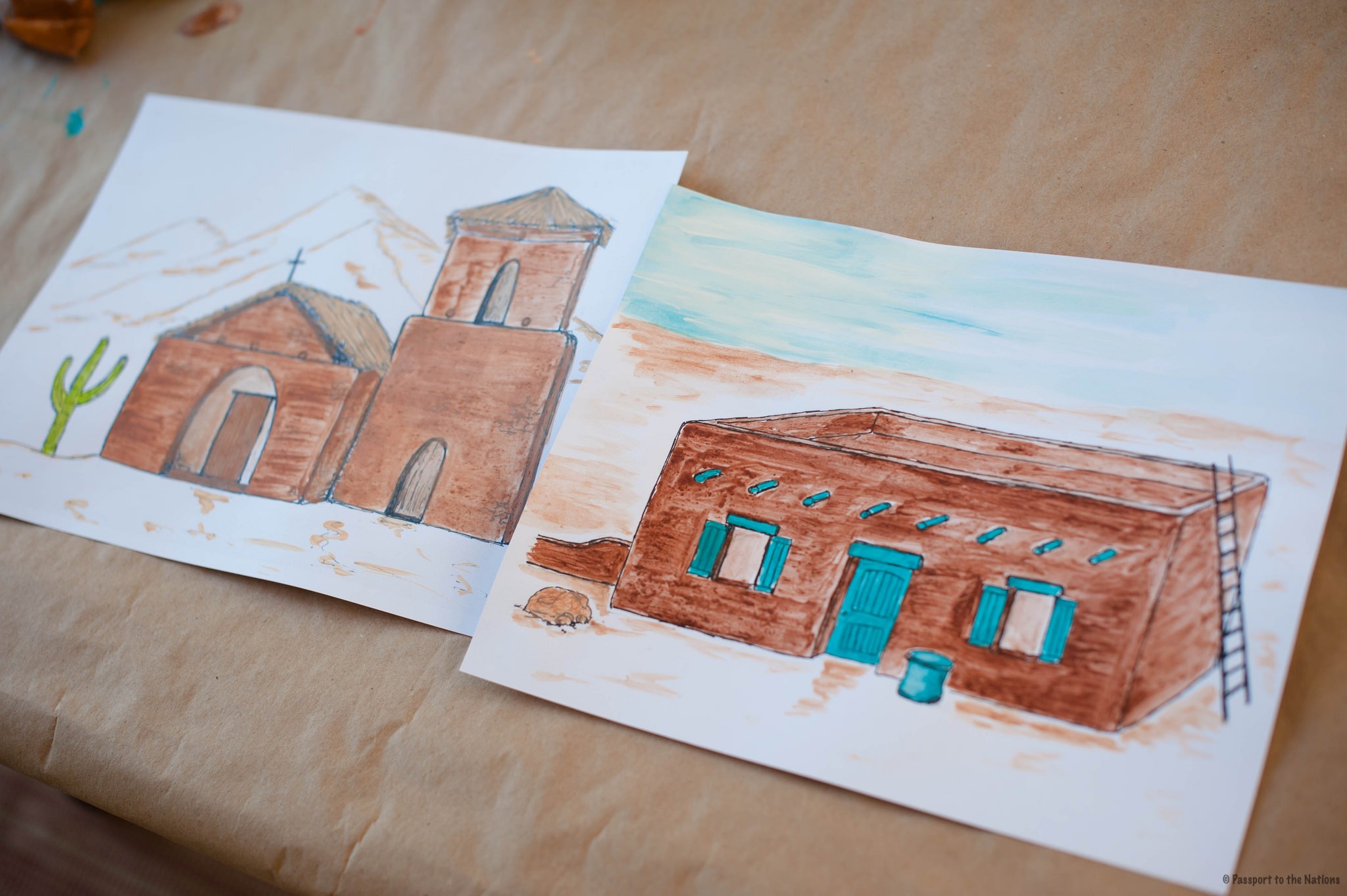
by Passport to the Nations | Oct 18, 2015 | God is Provider, Passport to Latin America
As the poncho is to Mexican clothing, the adobe house is to Mexican architecture. Adobe is a Spanish word meaning “mud brick”. Adobe is an iconic building material developed out of necessity. In areas of low rainfall where trees are scarce, people had to get...

by Passport to the Nations | Oct 18, 2015 | God is Provider, Passport to Latin America
The Mexican poncho is an iconic item of Mexican clothing. In essence, a poncho is a blanket with a hole cut out of the middle. Designed to provide warmth and freedom of movement, the poncho slides over the wearer’s head and has no arm seams. It is a very utilitarian...
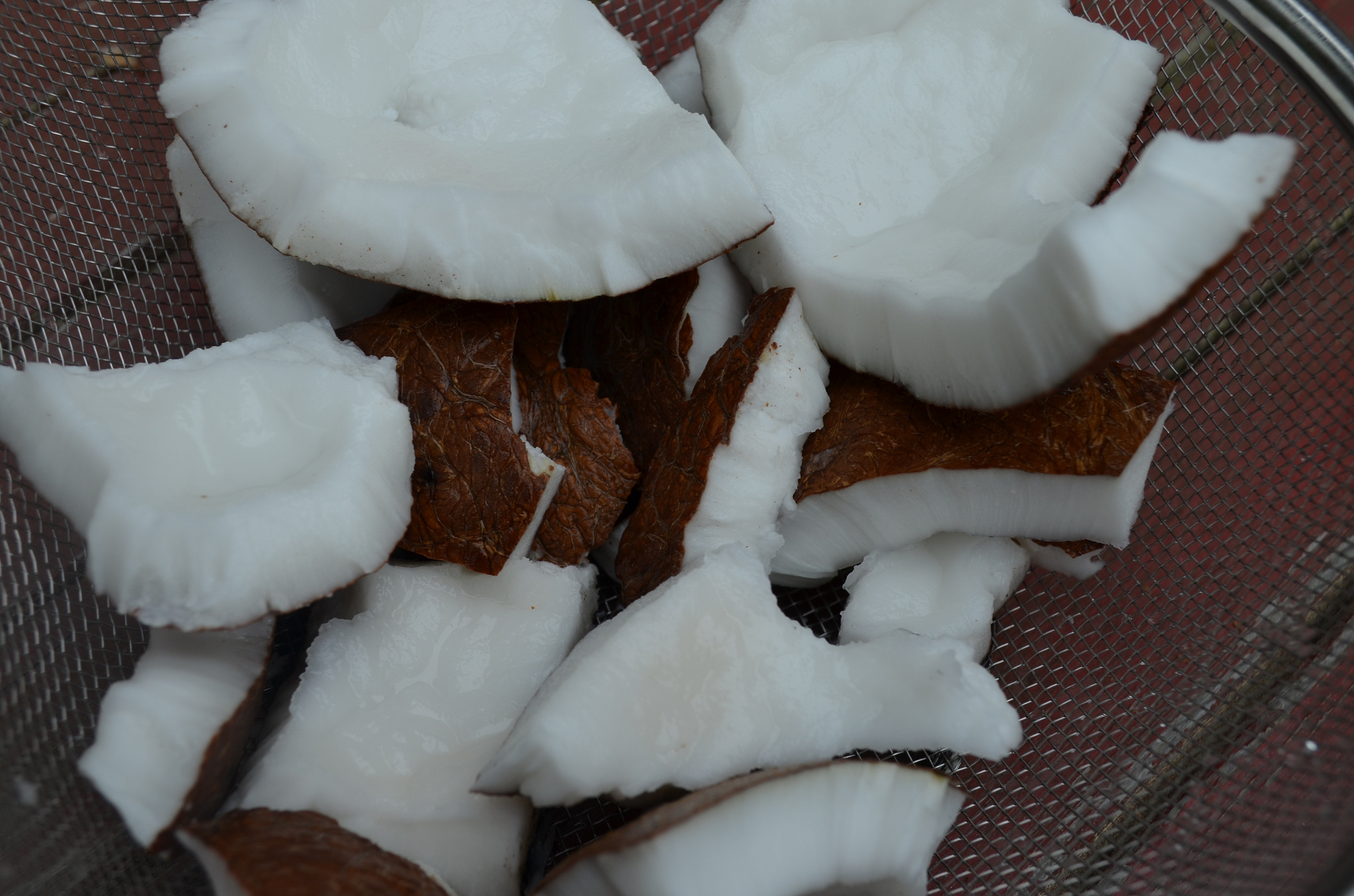
by Passport to the Nations | Oct 17, 2015 | God is Provider, Passport to Latin America
The word “coconut” is attributed to the Portuguese and Spanish word “coco” which refers to a grinning face. The name refers to the face-like appearance at the base of the shell where three holes are located. Our little “Coco” was so cute and...

by Passport to the Nations | Oct 17, 2015 | God is Provider, Passport to Latin America
Central America and the Caribbean are known for their exotic fruits: passion fruit, papaya, mango, guava, and prickly pear to name a few. Most of these fruits are readily available in your local grocery store. An easy way these fruits are commonly used (and...
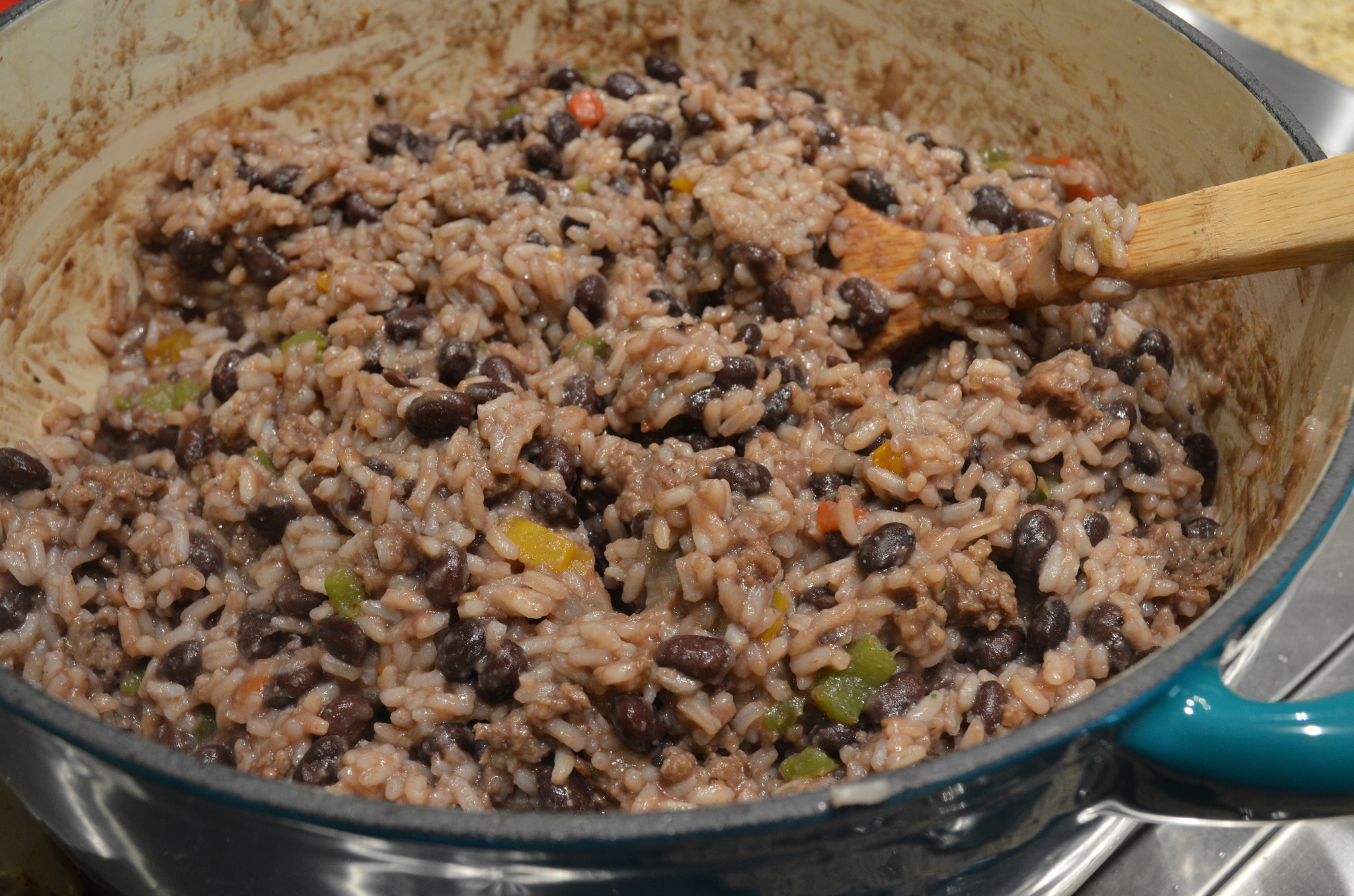
by Passport to the Nations | Oct 17, 2015 | God is Provider, Passport to Latin America
Gallo Pinto is a staple of the Costa Rican diet. Surprisingly, it is often eaten up to 2, or even 3 times a day! Gallo pinto literally means “painted rooster” and is so named because the spotted look of the dish when the beans are mixed in with the rice. The...
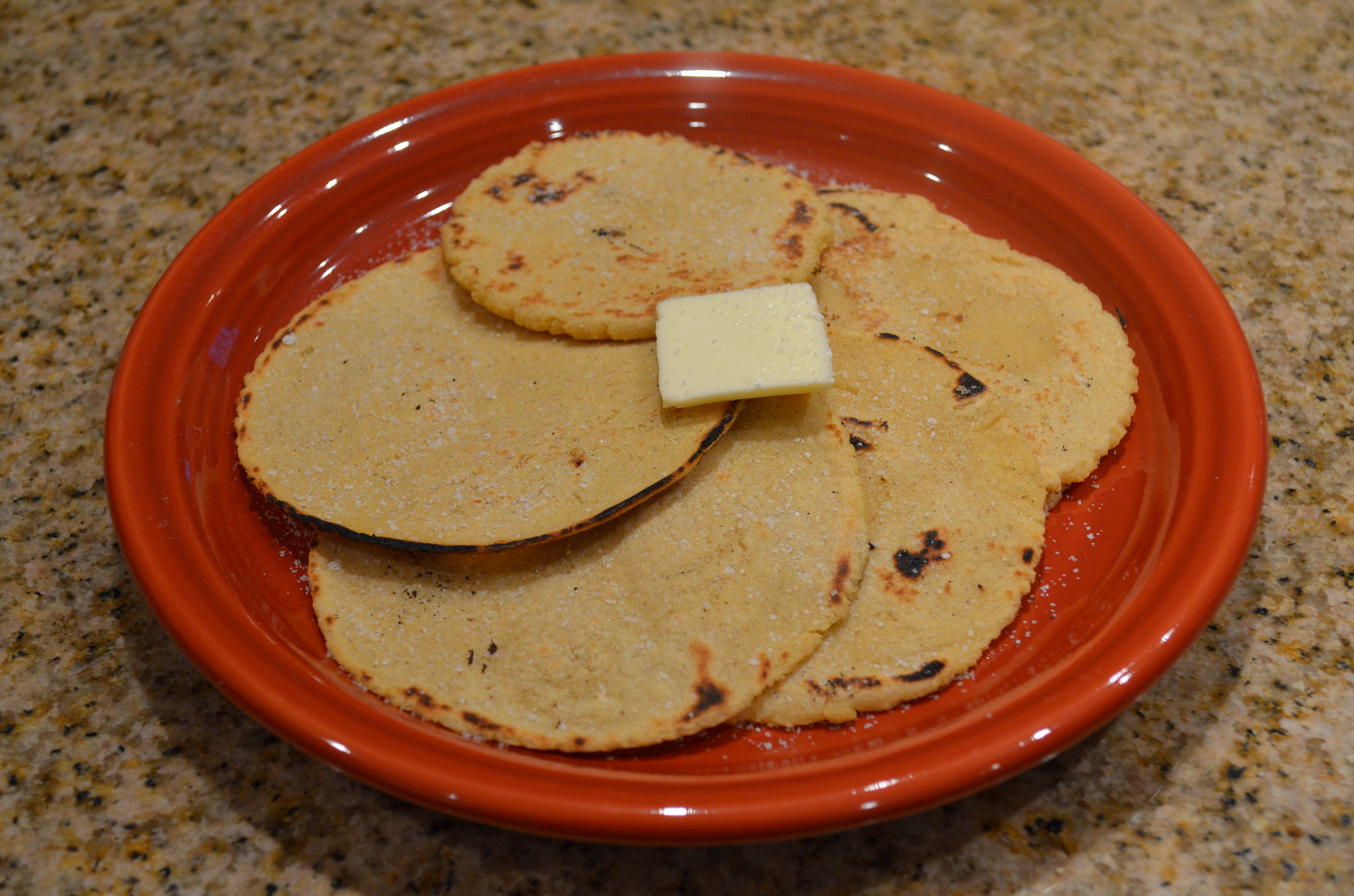
by Passport to the Nations | Oct 15, 2015 | God is Provider, Passport to Latin America
The first corn plants believed to have been grown in the Americas were grown in modern-day Mexico and Central America. Today, corn is grown in over 85% of the countries of the world. Thousands of varieties of corn are available and their relative ease of growing in...








